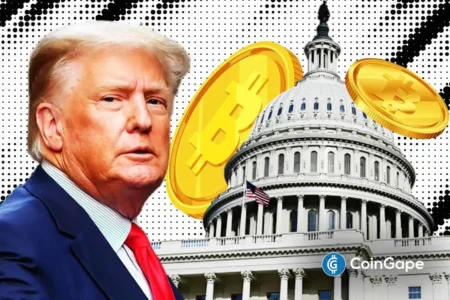Congressman Matt Gaetz (R-Fla.) recently introduced legislation that would require the IRS to start accepting federal tax payments in Bitcoin. Gaetz believes that this move will help modernize the tax system and ensure that the US remains at the forefront of technological advancements. He emphasized the benefits of allowing taxpayers to use Bitcoin for tax payments, stating that it would promote innovation, increase efficiency, and offer more flexibility to American citizens.
If the bill is enacted, Treasury Secretary Janet Yellen would be tasked with developing a plan for accepting Bitcoin as a legitimate form of currency for federal tax payments. Gaetz’s inspiration for this bill came from his recent visit to El Salvador, the first country to adopt Bitcoin as legal tender in 2021, where he witnessed the positive impact it had on economic stability and job creation in Central America. This proposal reflects a significant shift in integrating digital currencies into the mainstream financial system.
Gaetz’s legislation follows similar actions taken by several US states, such as Colorado and Louisiana, which have approved crypto payments for taxes and legislation to protect the right to self-custody and mine crypto, respectively. States like Texas, Utah, New Jersey, and Kentucky are also moving towards similar policies. This growing trend demonstrates a recognition of the potential of digital currencies to reshape economic practices.
The introduction of Gaetz’s bill coincides with ongoing debates in Congress over how to regulate the rapidly expanding crypto industry. The House recently passed FIT21, a regulatory framework bill that would grant either the SEC or the CFTC full oversight of crypto trading. The bill aims to establish a clear method for classifying digital assets as commodities or securities, addressing a significant hurdle to the industry’s growth in the US. The legislation received strong bipartisan support in the House and is expected to have similar backing in the Senate.
Overall, Gaetz’s proposal marks a significant development in the integration of digital currencies into the mainstream financial system, indicating a shift towards recognizing their potential benefits. With increasing support for crypto payments for taxes and broader regulatory efforts in Congress, the future of digital currencies in the US financial system looks promising.

















